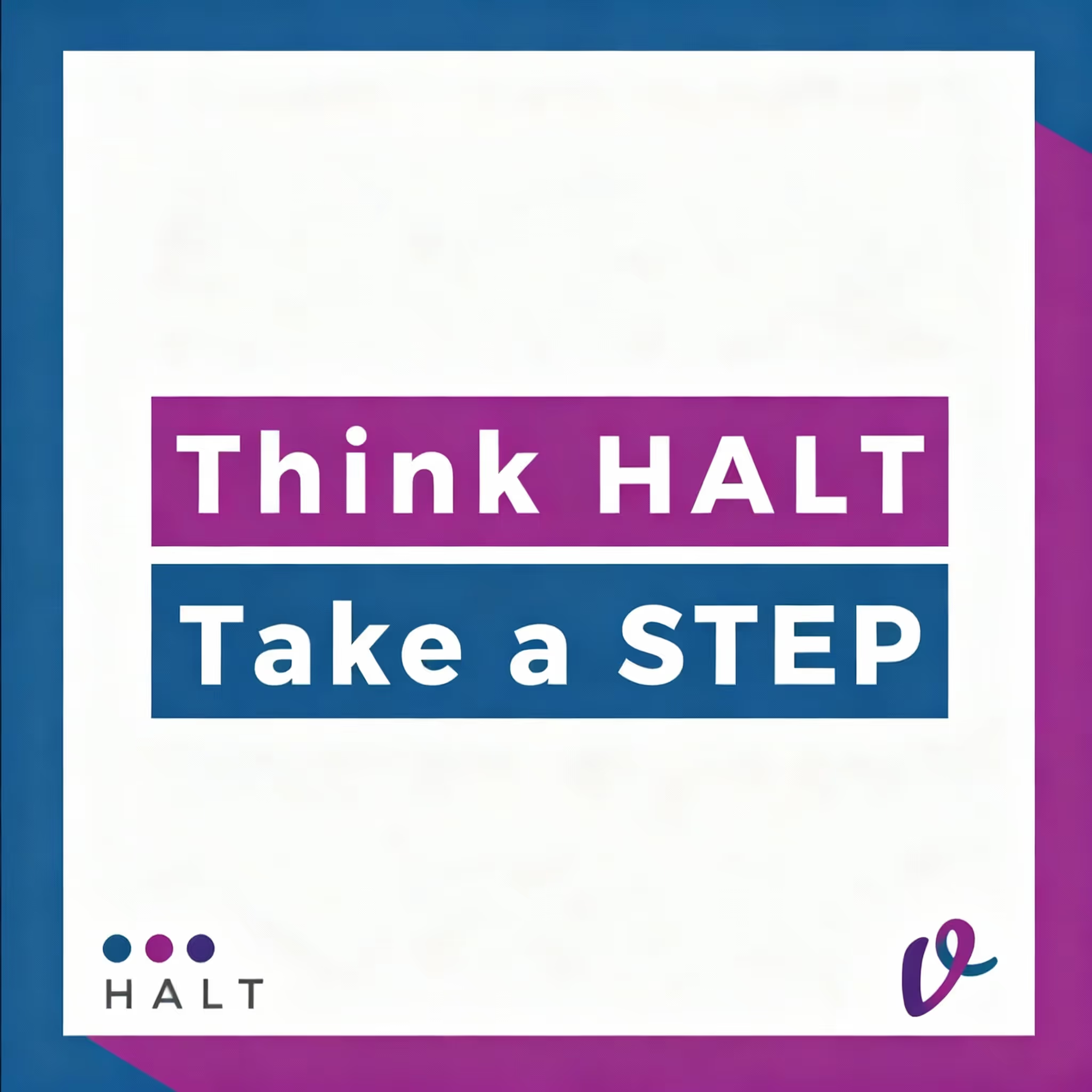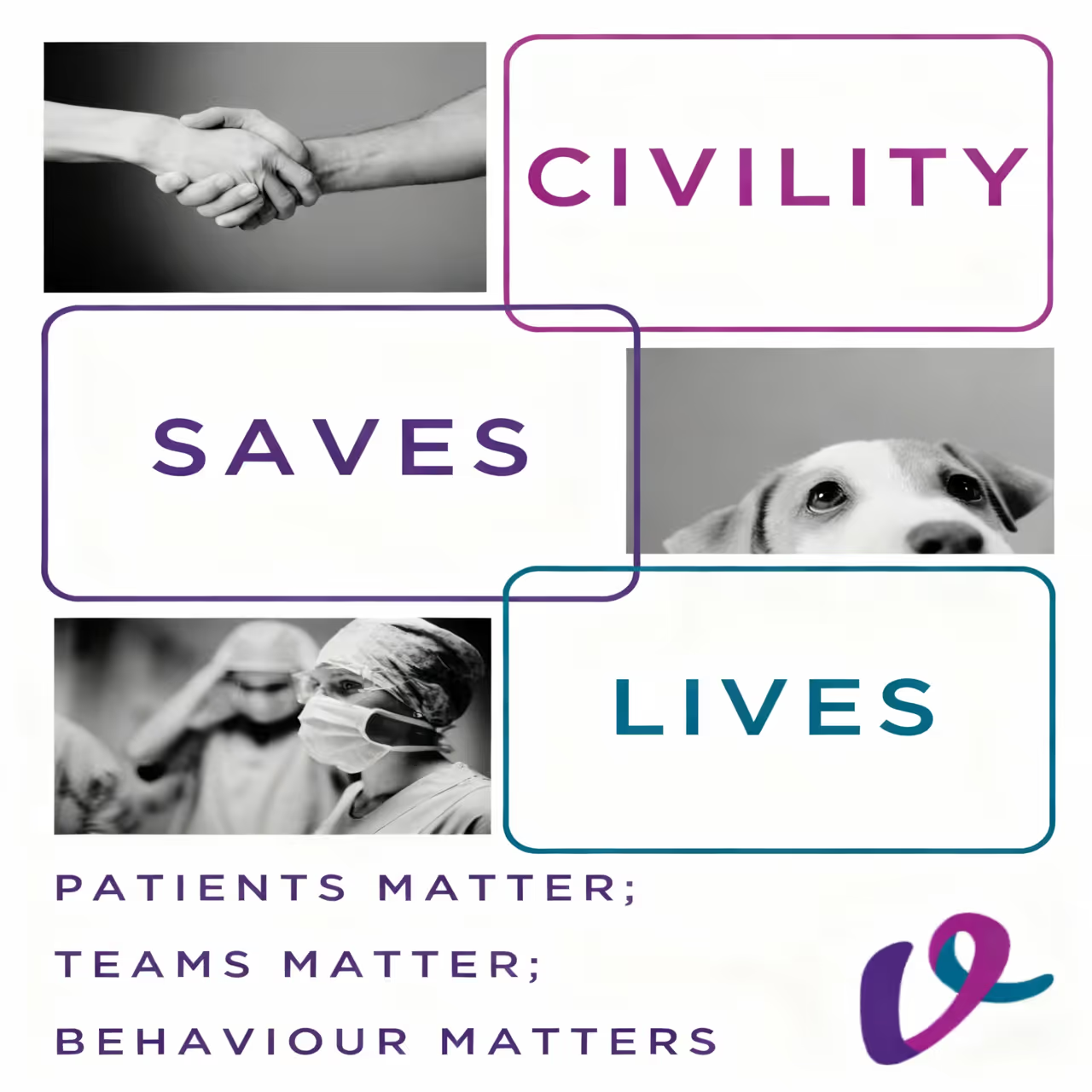VetLed Safe To Speak Up Campaign
VetLed's Safe To Speak Up campaign aims to raise awareness of the importance of psychological safety in veterinary practice and enable all members of the veterinary team to encourage Psychological safety and embed it into the organisational culture of veterinary practices so that every one feels SAFE TO SPEAK UP.


What are the aims of the Safe To Speak Up campaign?
To raise awareness of the importance of psychological safety in veterinary practice.
To enable all members of the veterinary team to encourage Psychological safety and embed it into the organisational culture of veterinary practices so that every one feels SAFE TO SPEAK UP.
What is Psychological safety and why is it important that we feel safe to speak up?
Psychological safety is broadly defined as a climate in which people are comfortable expressing and being themselves, more specifically when people have psychological safety at work they feel comfortable sharing concerns and mistakes without the fear of embarrassment or retribution. They are confident that they can speak up and won’t be humiliated, ignored or blamed. They can ask questions if they are unsure of something.
Psychological safety has been identified as key differentiator between higher and lower performing teams in studies of professionals in a variety of industries. ” It was identified by Google at the most important aspect of building a successful team as part of a two-year study – project Aristotle and was found to underpin the other four key dynamics: dependability, structure and clarity, meaning of work and impact of work.
It is known that when workplaces offer a high degree of psychological safety good things happen- mistakes are reported quickly so prompt correct action can be taken, coordination and communication across groups is good and ideas are shared. When there is psychological safety team members feel confident that no one on the team will embarrass or punish anyone else for admitting a mistake, asking a question, or offering a new idea.
What happens when we don’t have psychological safety?
When we experience stress or fear at work, our amygdala is activated (the part of our brain that is responsible for detecting threats) this causes a physiological response and hormones are released which prepare us to have to fight, run or freeze, as our brain focuses on this it shuts down our ability to think strategically and shifts our behaviour from reasonable and rational to primal and reactive. Fear inhibits learning, impairs analytical thinking, creative insight and problem solving.
The most common triggers of our stress response in practice include:
Unrealistic workload
Lack of respect
Unfair treatment (especially following an adverse event or near miss)
Not being heard
Being unappreciated
What are the benefits of psychological safety?
- We know that feeling SAFE TO SPEAK UP creates a positive emotional state which in turn creates a state of trust and curiosity and causes the release happy hormones like dopamine and serotonin which have been found to:
- Improve our cognitive ability. The brain has been found to be 31% more effective in thrive state compared to neutral or survive state.
- Improve our ability to learn and remember new information
- Broaden our minds
- Improve resilience and persistence and enables us to build personal wellbeing resources.
- Enables us to share ideas for innovation, improvement and advancement and talk about error in a safe environment.
All these things contribute to improved team performance and reduced error which ensures that patient safety is maintained.
How to build psychological safety?
To find out more about how you can build psychological safety in your workplace and make sure that every member of the team feels #safetospeak up why not join our upcoming Psychological Safety Masterclass? Email hannah@vetled.co.uk for more information on how to book.
Want to support our campaign AND remind your team of the importance of working towards psychological safety? Download our practice poster using the button at the top of the page!





